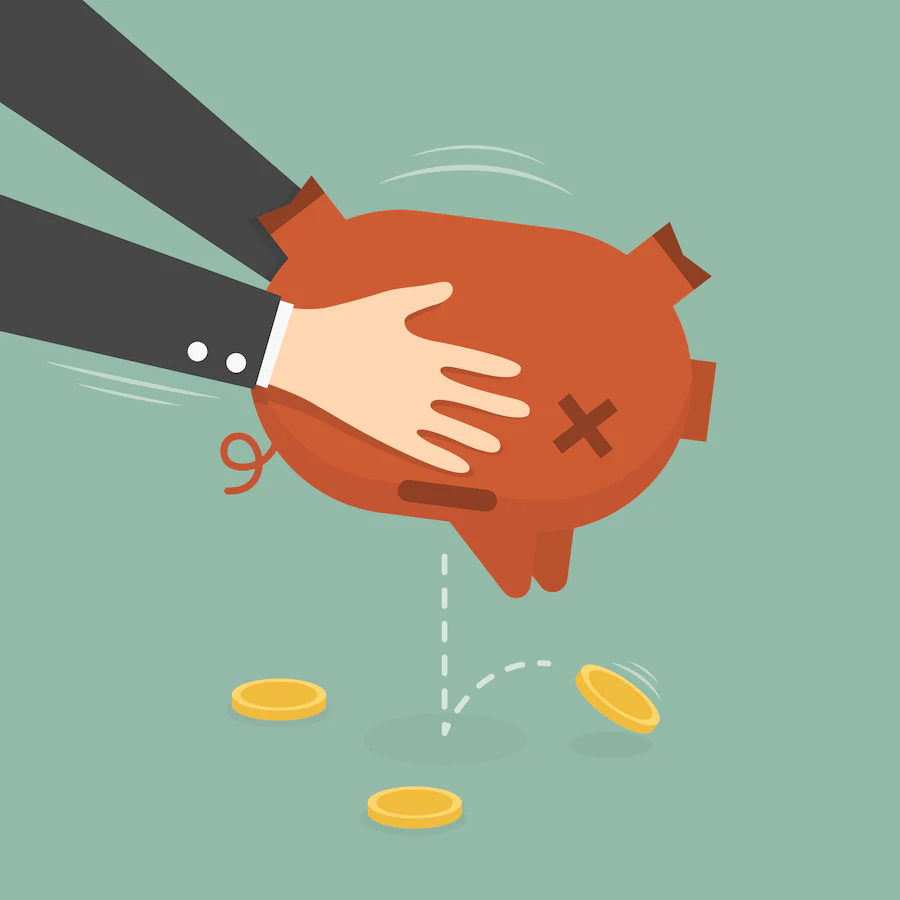The beginning of a new year is a great opportunity to reflect on your financial goals and make some changes to improve your financial well-being. Whether you want to save more, spend less, pay off debt, or invest wisely, here are some tips to help you start the new year with better financial habits.
1. Review your budget and track your spending
The first step to improving your financial habits is to have a clear picture of your income and expenses. A budget is a tool that helps you plan how to allocate your money according to your needs and priorities. To create a realistic budget, you need to track your spending and see where your money is going. You can use apps, spreadsheets, or pen and paper to record your transactions and categorize them into different groups, such as housing, food, transportation, entertainment, etc. This will help you identify your fixed and variable expenses, as well as your discretionary spending.
2. Set SMART financial goals and monitor your progress
Once you have a budget, you can set some financial goals that are specific, measurable, achievable, relevant, and time-bound (SMART). For example, instead of saying “I want to save more money”, you can say “I want to save $5,000 for an emergency fund by the end of the year”. Having SMART goals will help you stay focused and motivated, as well as measure your progress and adjust your plan if needed. You can use apps, online tools, or a simple notebook to track your savings, debt payments, investments, or any other financial indicators that are relevant to your goals.
3. Automate your savings and payments
One of the best ways to improve your financial habits is to automate your savings and payments. This means setting up a system that automatically transfers a certain amount of money from your checking account to your savings account, retirement account, or investment account every month. This way, you can save money without thinking about it and avoid the temptation to spend it on something else. Similarly, you can automate your payments for your bills, loans, credit cards, or any other recurring expenses. This will help you avoid late fees, interest charges, penalties, or damage to your credit score.
4. Reduce your debt and improve your credit score
Debt can be a major obstacle to achieving your financial goals, especially if it comes with high interest rates and fees. Therefore, one of your priorities for the new year should be to reduce your debt and improve your credit score. To do this, you need to have a debt repayment plan that suits your situation and budget. You can use different strategies, such as the debt snowball method, the debt avalanche method, or debt consolidation, to pay off your debt faster and save money on interest. You also need to pay your bills on time, keep your credit utilization ratio low, and check your credit report regularly for errors or fraud.
5. Learn new financial skills and seek professional advice
Another way to improve your financial habits is to learn new financial skills and seek professional advice when needed. Financial literacy is the ability to understand and manage your money effectively. By learning new financial skills, such as budgeting, saving, investing, or taxes, you can make better financial decisions and achieve your goals faster. You can use various resources, such as books, podcasts, blogs, courses, or workshops, to educate yourself on different financial topics. You can also seek professional advice from a financial planner, an accountant, a lawyer, or any other qualified expert, depending on your needs and circumstances.
Conclusion
Establishing good financial habits is easier than you think, as long as you have a plan and follow it consistently. By reviewing your budget, setting SMART goals, automating your savings and payments, reducing your debt, and learning new financial skills, you can start the new year with better financial habits and improve your financial well-being. Remember, it’s never too late to start or too early to finish. Happy New Year!




Comments
Post a Comment